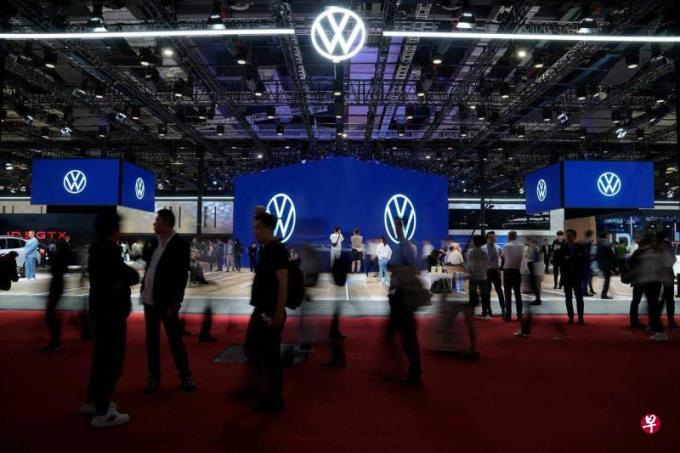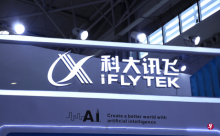
(Berlin News) Many German company giants still choose to adhere to the Chinese market and seek to separate business interests from politics on the occasion of reducing their dependence on China.
According to Bloomberg Society on Thursday (May 25), although Tonalz was once again called for reducing dependence and diversification of China at the Seventh -way Group (G7) summit held in Hiroshima, Japan last Sunday, but with ShuoerzThe government's discussions include leaders of German chemical giants BASF, head car company Volkswagen and Marseille -Benz, and technology companies Siemens.
China is the largest trading partner in Germany. Last year, the total trade between the two countries was nearly 300 billion euros (about 435 billion yuan), accounting for nearly 8%of the GDP.In addition to large -scale investment in local factories, China is also an important parts and material suppliers of German companies, and it is also an important buyer for its products.Therefore, despite political concerns about China's global ambitions and the tension between China and the United States, many companies still choose to move forward and deepen their connection with China.
Among them, BASF is investing in about $ 10 billion (about S $ 13.5 billion) to establish a chemical plant in Zhanjiang along the southern coast of southern China; Volkswagen also resides onPersist in the commitment to operate automobile manufacturers in Xinjiang.
Arno Antlitz, the chief financial officer of Volkswagen, even bluntly said at the earnings telephone meeting earlier this month, "We will not give up China (market)."Earlier, China's new energy vehicle company BYD surpassed Volkswagen for the first time in the first quarter and became China's best -selling car brand.
Ola Kallenius, chairman of the Boeds of Mercedes -Benz Group, also bluntly said before that the abandonment of the Chinese market is "unimaginable" for the German industry, which is also meaningless to China.
Bloomberg report also analyzed that the Tshuz government emphasized that reducing dependence on China is "de -risk", rather than the "decoupling" called by the United States.Step.
But in the face of the president and CEO of Siemens, Roland Busch (May 24) in an interview with the Financial Times, vowed to defend and further expand its market share in China. The German government gave it.A warning of abnormally straightforwardness.
Steffen Hebestreit, a German government spokesman, said that the government called for reducing dependence to want companies to "not put all eggs in a basket."He bluntly stated that Siemens's boss must think about the company's positioning, and it is reasonable to prove how much risk it takes.




